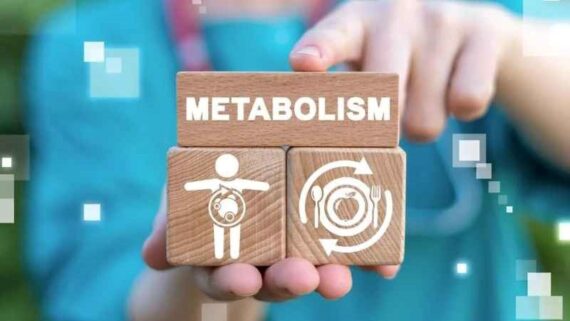Boosting Focus and Calm: The Best Diets for an Effective Workplace

Are there times when you just feel overwhelmed or anxious at work? You may have tried different over the counter anxiety medication for adults, but you should also know that your diet can impact your mental and emotional health. For example, if you eat a lot of sugar and starches at the office, you can experience crashes that create anxiety. Therefore, these are some ways you can boost your focus and calm through your workplace diet.
Essential Nutrients
Your body needs six key nutrients. These nutrients help your body remain healthy. You need vitamins, water, carbohydrates, protein, minerals and fats to have a healthy diet. While some of these are micronutrients, such as vitamins and minerals, others are macronutrients, including protein, fats, water and carbohydrates.
Vitamins improve your immune system, help your body create healthy blood, improve your brain function, help prevent cancer and diseases and improve your body’s ability to metabolize your foods. They also have external benefits, such as improving your skin. Key minerals also help your skin, nails, hair, bone health and water levels. They prevent tooth decay, support your blood pressure and immune system and distribute oxygen throughout your body.
Carbohydrates also help your immune and nervous system as well as your brain and digestion. They give you energy too. Water helps your body flush toxins and moves nutrients throughout the body. It provides key hydration and lubrication throughout the body as well.
Fats reduce the risk of diseases such as heart disease and diabetes, build new cells and improve muscle movement and brain function as well as blood clotting. They also help your body absorb other nutrients and produce hormones. Proteins protect your bones, muscles, hair and skin and create essential substances, such as hormones and antibodies, that support a healthy body. They also fuel your tissues and cells.
Where To Find These Nutrients
Your diet should consist of up to 65% complex carbohydrates, such as quinoa, fruit, barley, whole-grain baked goods, vegetables and brown rice. Your diet should also have at least 20% healthy fats, including nuts, vegetable oils, seeds and fatty fish. The rest of your diet should include healthy proteins, such as limited red meat, beans, dairy products, soy, nuts, eggs, fish and poultry.
Multivitamins
Although many foods contain vitamins and minerals, you may consider supplements that provide those you don’t get or you may not get enough of. You need a healthy dose of trace minerals, such as of iron, zinc, manganese, iodine, fluoride, selenium, chromium, copper and molybdenum every day. However, you also need major minerals, e.g., magnesium, chloride, calcium, potassium, phosphorus, sodium and sulfur.
Your body should get adequate fat-soluble vitamins, including vitamins A, D, E and K, as well as water-soluble vitamins (vitamins B-1, 2, 3, 5, 6, 7, 9, 12 and vitamin C). Before you choose your supplements, be sure to check their reviews, especially if you need products that target specific conditions, for example, Brillia ADHD reviews
As you create your workplace diet, balance your nutrition and take time to enjoy your food. Choose healthy snacks and learn about healthy nutrition and the connection between nutrition and mental health. Find supplements that address your concerns (ADHD in adult women) and don’t forget to exercise.









Comments are closed.